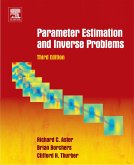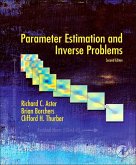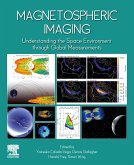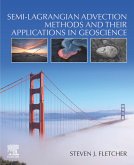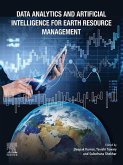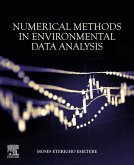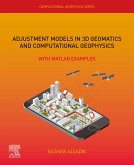The notions and methods presented in Quantitative Analysis and Modeling of Earth and Environmental Data: Space-Time and Spacetime Data Considerations cover a wide range of data in various forms and sources, including hard measurements, soft observations, secondary information and auxiliary variables (ground-level measurements, satellite observations, scientific instruments and records, protocols and surveys, empirical models and charts). Including real-world practical applications as well as practice exercises, this book is a comprehensive step-by-step tutorial of theory-based and data-driven techniques that will help students and researchers master data analysis and modeling in earth and environmental sciences (including environmental health and human exposure applications).
- Explores the analysis and processing of chronotopologic (i.e., space-time and spacetime) data that varies spatially and/or temporally, which is the case with the majority of data in scientific and engineering disciplines
- Studies the synthesis of scientific theory and empirical evidence (in its various forms) that offers a mathematically rigorous and physically meaningful assessment of real-world phenomena
- Covers a wide range of data describing a variety of attributes characterizing physical phenomena and systems including earth, ocean and atmospheric variables, environmental and ecological parameters, population health states, disease indicators, and social and economic characteristics
- Includes case studies and practice exercises at the end of each chapter for both real-world applications and deeper understanding of the concepts presented
Dieser Download kann aus rechtlichen Gründen nur mit Rechnungsadresse in A, B, BG, CY, CZ, D, DK, EW, E, FIN, F, GR, HR, H, IRL, I, LT, L, LR, M, NL, PL, P, R, S, SLO, SK ausgeliefert werden.



